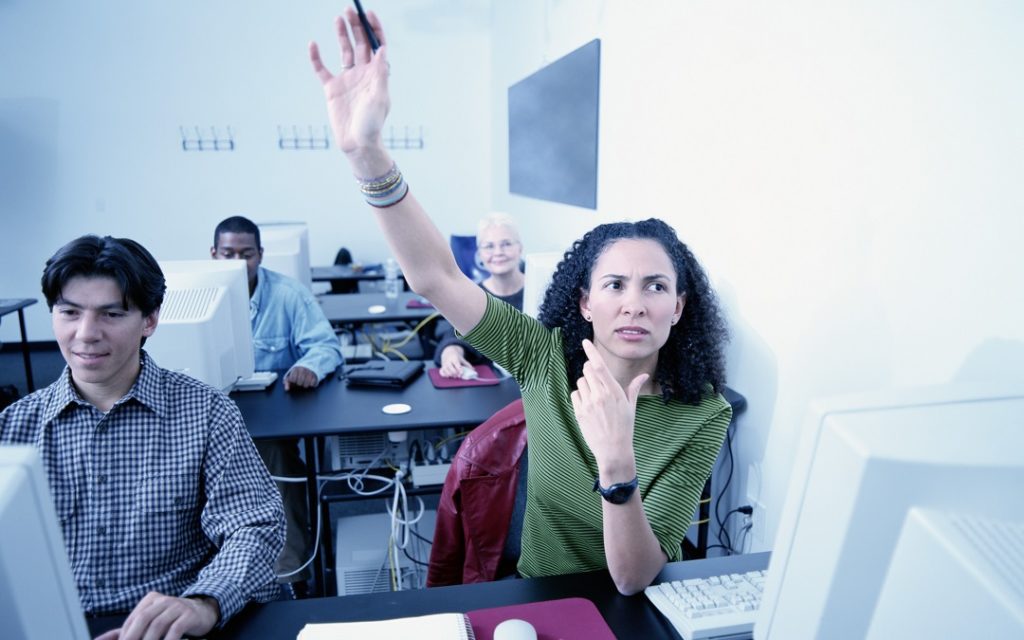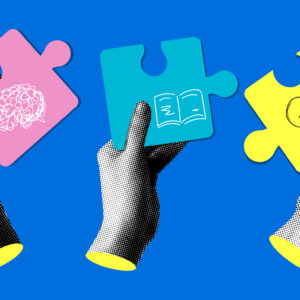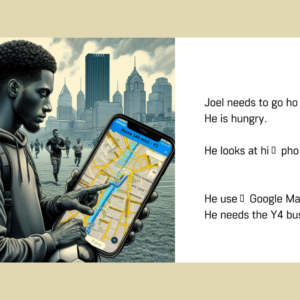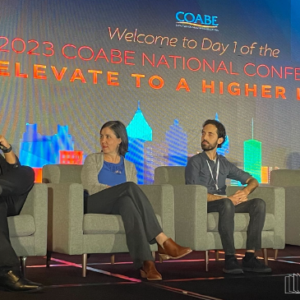By Jen Vanek
There is much adult learning happening outside of formal ABE programs with hired trained teachers. Community based organizations, libraries, and agencies that provide social services to adults who might have language or literacy learning needs play a vital role in supporting learners. Sometimes these organizations offer computer training in volunteer facilitated open labs or digital literacy workshops. The facilitators are often new to teaching and may lack training and resources to adequately support the diverse student audience that shows up.
The challenge of supporting such volunteers was the core of a study that concluded in Spring of 2017. Drawing on a participatory research methodology called Design Based Research, I worked with a group of AmeriCorps members from the Community Technology Empowerment Program to explore their particular instructional challenges and, together, we iteratively designed a solution for them to use in the labs and workshops they facilitated.
The Digital Homeroom, affectionately referred to as the DiHo, is a website that learners can use for independent, self-directed study. The DiHo was built over the course of 12 months of collaboration and testing. It is a visually clean, easily navigable website stocked with free online learning resources and a glossary featuring key computer terms. The observed impact of using the DiHo in the labs was a shift from the facilitators relying on large-group, teacher-centered instructional strategies to more opportunities for independent student learning. Essentially, because the facilitators knew and trusted the content and layout of the DiHo, they made possible more differentiated learning opportunities and student control over time and activities. The result of this shift was more engaged learners and less frustrated AmeriCorps members.
To hear a description of the DiHo, please watch the short video below created by the AmeriCorps members.
Jen Vanek is Director of the IDEAL Consortium at the EdTech Center. She received her PhD in Curriculum & Instruction/Second Language Education at the University of Minnesota. She’s been working in the field of adult literacy since receiving her MA in Teaching English as a Second Language from the University of Illinois-Chicago in 1995. Her recent work centers on creating online content for Adult Basic Education (ABE) learners and supporting the professional development of ESL and ABE teachers in the area of digital literacy, distance learning, and adult career pathways.




